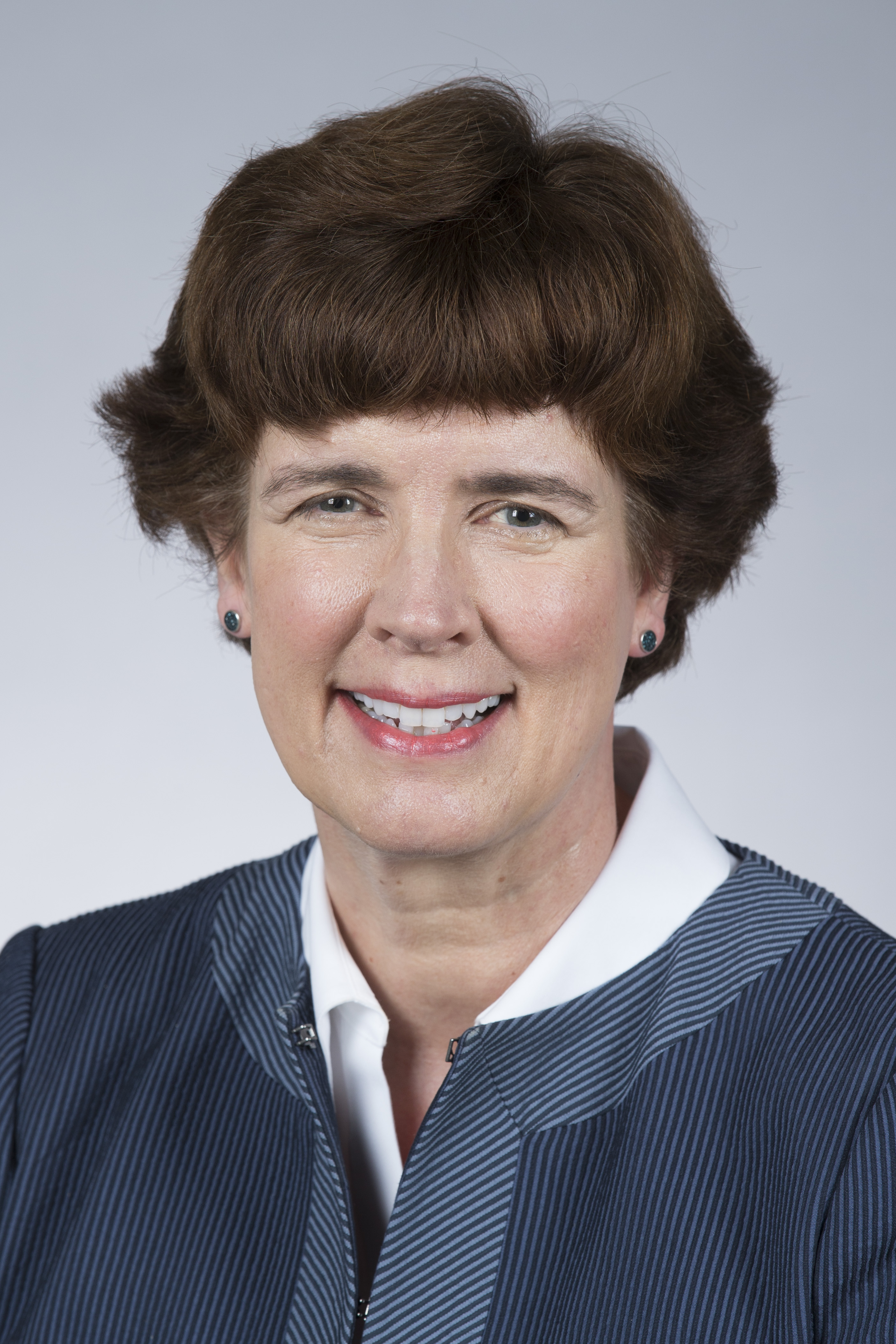Dr. Wendy White

By: Kyle Poorman
Consortium for Innovation in Post-Harvest Loss and Food Waste ReductionIowa State UniversityI reached Dr. Wendy White on a Zoom video call last week to talk about her research and being the newest Consortium team member. As it turns out we have something in common, she’s an east coaster (USA) that settled in Iowa, and I’m an Iowan who spent a lot of time in New England and the Tri-state area. We had a lot to talk about including discussing upstate and downstate New York and which states have the best beaches and most wonderful accents. We both agreed Rhode Island beaches are phenomenal and hope the regional accents are perpetuated. There are just too many accents to pick through here, but my personal favorite is the Mainer (downeast) accent.
Dr. White is Cornell-educated in human nutrition and has been a mainstay in Iowa State University’s Department of Food Science and Human Nutrition for more than 25 years. She holds the Dr. Thelma McMillan Endowed Professorship and is focused on the role of bioactives and fat‐soluble vitamins in human health. Her work has been integral in developing a fundamental understanding of the human ability to absorb beta-carotene in biofortified staple crops, like maize. Biofortified staple crops are designed to provide vitamins and minerals that are not present in traditional crops but needed for good health. Biofortification can benefit individuals with limited diets who have typically lacked access to necessary nutrients, especially children.
Dr. White’s research on biofortified maize showed the proof-of-concept that sufficient levels of provitamin A beta-carotene could be absorbed and converted to vitamin A in the body after consuming the modified maize. Her group also showed that beta-carotene in biofortified maize was retained during traditional African household processing and therefore could provide a necessary nutrient. These feasibility studies provided the basis for field studies in Africa sponsored by HarvestPlus, a global biofortification program with whom Dr. White has worked for over 18 years.
I first met Dr. White during the Rockefeller Foundation’s Food System Vision Prize application process. The Consortium and Iowa State collaborated with students and other organizations to pursue the prize. Incidentally, that is when Dr. White began to learn more about the Consortium and our various research projects spread across the world. The Consortium’s contribution to the Food System Vision Prize focused on the Ullo traditional area in Northern Ghana, where Dr. White has relevant research experience. Dr. White significantly contributed to the team’s prize submission, which became inspiration for her Consortium involvement moving forward.
The Consortium’s focus on efficient food systems that provide nutritious foods dovetails well with Dr. White’s career research focus, and we are so glad to have her on our team . We are looking forward to her contributions, and the expertise she brings to bear will greatly enhance Consortium projects.
We finished our video call discussing the effects that COVID-19 is having on our institutions, how we work, and when we might return to Iowa State University. Right now, we have a lot more questions than answers, but we were heartened by being able to be productive in this time of uncertainty. We definitely hope to return to a new normal in due course, but for now we are making progress.
